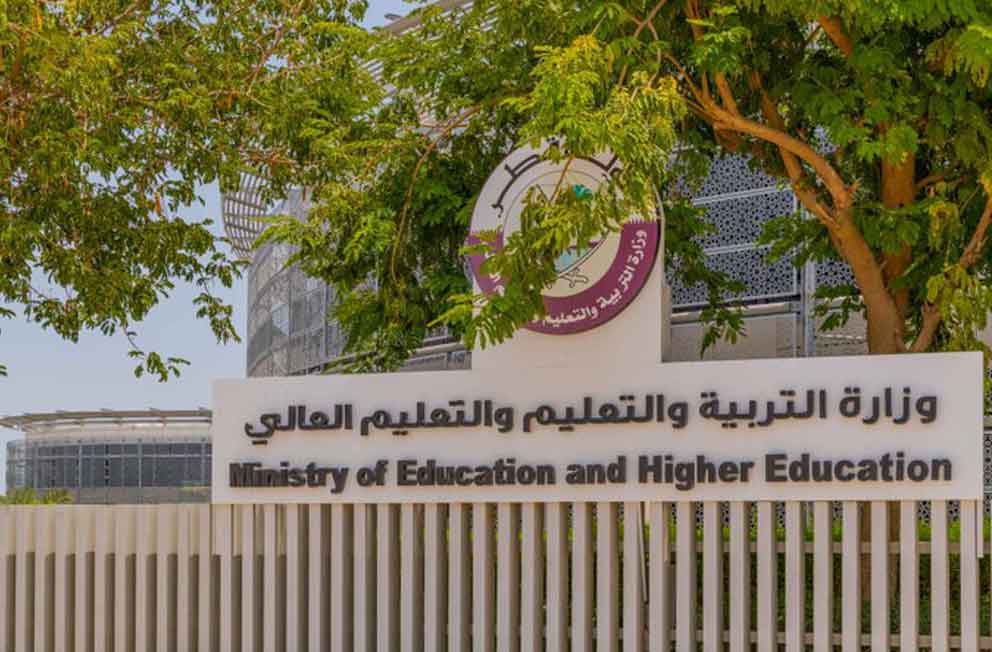The Ministry of Education and Higher Education in Doha, Qatar, has recently issued a circular to public and private schools regarding changes in the examination system for day school students in grades one to eleven. The circular instructs schools not to repeat parts of the syllabus covered in mid-term exams in end-of-term exams. Unified achievement tests for students in grades three, six, and nine will continue to cover the second half of Term Two’s syllabus.
The current examination system for adult education, homeschooling, and the parallel track for grades one to eleven will remain unchanged. First-term end-of-term exams will cover the entire first-term syllabus, while second-term end-of-term exams will cover the entire second-term syllabus. The grading system for students in day schools, adult education, homeschooling, and the parallel track will also remain the same.
Furthermore, the existing system for second-round exams for students who fail a first-round exam will continue. These students will be tested in the second round, which covers the syllabi of both terms with a weighted percentage of 100 percent. The Evaluation Affairs Sector has urged schools to communicate these changes to students and parents and to contact the Student Evaluation Department for any clarification needed.
All provisions in the circular are set to take effect starting from the 2024-2025 academic year as part of the ministry’s plans to develop education, improve students’ academic achievements, and prioritize the public interest. Schools are encouraged to comply with the new guidelines and work towards enhancing the overall education experience for students in Doha, Qatar.
The Ministry’s focus on implementing national standards and improving the examination system aims to create a more efficient and effective learning environment for students. By avoiding repetition of syllabus material in end-of-term exams, students can demonstrate a deeper understanding of concepts and focus on new learning opportunities. The continuation of unified achievement tests for specific grade levels ensures consistent evaluation methods and benchmarks for student performance.
The decision to keep the current examination system for adult education, homeschooling, and the parallel track signals the ministry’s commitment to providing equal opportunities for all students, regardless of their educational pathway. The grading system remaining unchanged maintains consistency and fairness in evaluating student progress across different education settings. The process for second-round exams for students who need to retake exams reinforces the importance of perseverance and continual learning for academic success.
As schools implement the changes outlined in the circular, it is vital for them to effectively communicate the new procedures to students and parents. Clear communication and guidance can help alleviate any confusion or concerns and ensure a smooth transition to the updated examination system. By encouraging schools to reach out to the Student Evaluation Department for support, the ministry underscores the importance of collaboration and partnership in enhancing the education sector in Doha, Qatar.
Overall, the circular issued by the Ministry of Education and Higher Education reflects a proactive approach to improving education quality and student outcomes. By focusing on enhancing examination practices and implementing standardized procedures, the ministry aims to elevate the overall academic experience for students in Doha, Qatar. The changes outlined in the circular are designed to promote educational excellence, support student success, and prioritize the best interests of the public.











